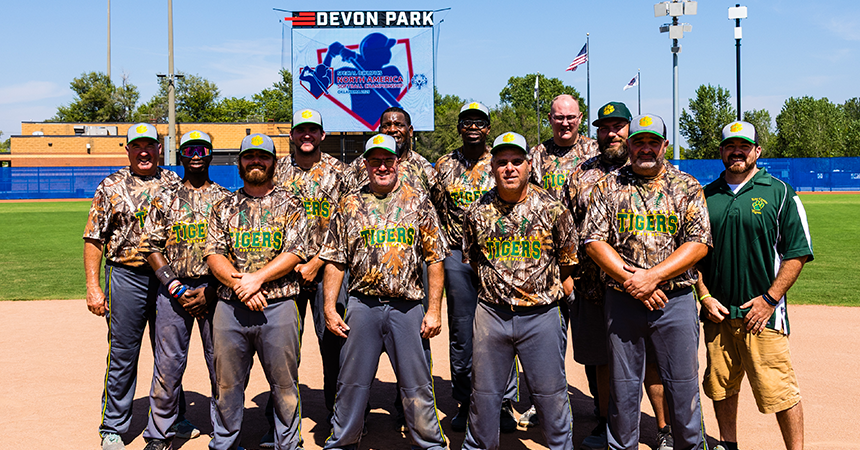A lifelong sports fan, Todd Youngblood came to the Kay Community Service Center, a day program for adults with intellectual and developmental disabilities (IDD) located in Fort Valley, Georgia, in 1995 and was immediately put to work. “The first thing that the board members wanted me to do was ‘to clean the place up and get heavily involved in Special Olympics,’” he said.
And so, drawing on his background in and passion for sports, he started Special Olympics powerlifting at the Kay Center. But even though there were potential athletes, Youngblood still had a lot of work to do before anyone started moving weights. They took two classrooms and knocked down the wall in the middle to make a weight room, bringing in weights from the school district where Youngblood coached softball. The work was worth it as powerlifting became just the first step towards integrating Special Olympics Georgia into the community.
“The state was big on integration, making sure we integrate in the community,” Youngblood said. “So, at that time we started powerlifting, Unified softball, Unified basketball and Unified bowling.”
In addition to being the home of Special Olympics programming in the area, the Kay Center also provides job training, teaching, educating and supporting individuals so that they can live independent lives in society. With the help of local businesses, jobs, as well as transportation to and from those jobs, are provided.
Every October, National Disability Employment Awareness Month (NDEAM) is celebrated, with 2025 marking the 80th anniversary of the annual recognition. First celebrated in 1945, in 1988, “Congress designated the commemoration as NDEAM, which then evolved to acknowledge the importance of increasing opportunities for people with disabilities, including those with mental health conditions and other nonobvious disabilities, in the workforce,” it reads on the U.S. Department of Labor homepage.
Individuals come to the Kay Center with a variety of transitional plans and backgrounds. Anyone 24 years old or younger must go through vocational rehab—a process that provides individuals with disabilities with the necessary training to secure, regain, or maintain employment. “Programs like this are so important because not everybody is just going to go out in the community and work,” Youngblood said. “Sometimes they need that support so they can find success.”
Just as every employee’s background is different, the Kay Center offers job placements in a variety of fields.
“We have lawn services, so our lawn service actually maintains the school system where I work and coach,” Youngblood said. “We maintain the school system’s grounds, the rec department’s grounds, and then we have a hunting preserve that is a place where they grow trophy deer, and we maintain that property.”
In addition to lawn services, people with IDD are employed as cleaning service providers and factory workers, manufacturing a variety of products.
“We’ll make side shifters and ship them all over the world,” Michael Biron, a Special Olympics softball athlete and an employee in a manufacturing facility, said. “The [Kay Center] looks out for us. We’ll have dinners and stuff like that.” He’s been making parts for a long time and is confident in his skills. “They like having us around,” he continued with a chuckle.

Thanks to the work by the Kay Center, Biron is not alone. People with intellectual and developmental disabilities are finding meaningful employment throughout the community, proving that in the workplace, the focus should be on ability.
“They see that we’re not too different from them, we work hard just like the rest of them,” Dion Thomas, a Special Olympics athlete for more than 24 years and a full-time employee of Cascade Corporation, said. “They know my capabilities, and I know theirs, so we can match up and achieve common goals.”
